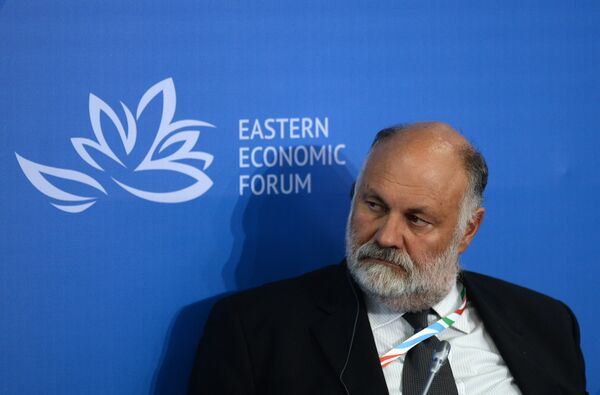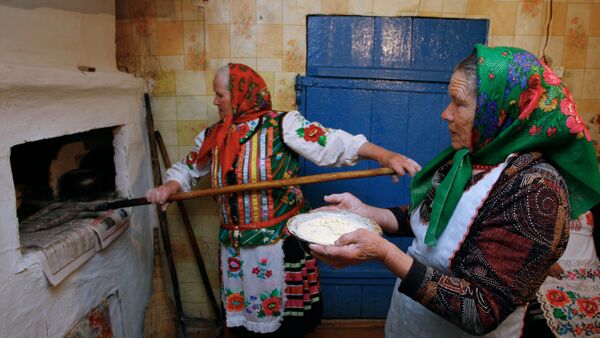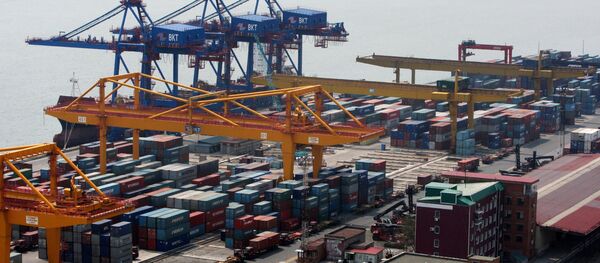On June 2, Riccardo Valentini, a professor at the University of Tuscia (Italy) and the director of the Euro-Mediterranean Center on Climate Change, will participate in the roundtable discussion "Future of Science" at SPIEF 2017. According to Valentini, the duty of science is to find a solution to the most pressing problems of our time, including global warming and environmental sustainability.

"The other news is that today Russia is the No. 1 wheat exporting country in the world, ahead of Europe. This is a very important indicator because in the 1990s it was one of the largest importers. While the rest of the world reduces the amount of arable land, there are more and more of it in Russia," he added.
Today, the Italian researcher leads the Far Eastern Climate Smart Research Lab at the Far Eastern Federal University in Vladivostok, Russia.
"According to our calculations, by 2050, there will be about 40 million hectares of arable land in Russia due to the improvement of climate conditions. For this reason, we opened an international school with a multidisciplinary approach: we combined economics and agriculture to create economic opportunities and to give students new professional knowledge and skills," Valentini said.
The professor is sure that Italy and Russia can learn something from each other and offers to "marry" Italian quality agriculture production to Russian traditions.
"People will always need fertile soil, and these lands are concentrated here, in Russia. However, agriculture in Russia is viewed from the standpoint of mass production, while in Italy and Europe they pay more attention to the quality of products. It is necessary to find a way to produce high-quality Russian products, to open a new production line," the researcher noted.
According to Valentini, this kind of product already exists — this is the so-called "babushka's food," homemade meal cooked by a grandmother.
"By this, I mean natural products, the tradition of cultivating the land in the countryside, collecting berries, honey, making preserves and cooking authentic borsch. In order to combine traditions with innovations, I think that we need to follow the Russian way of thinking, their mentality.





